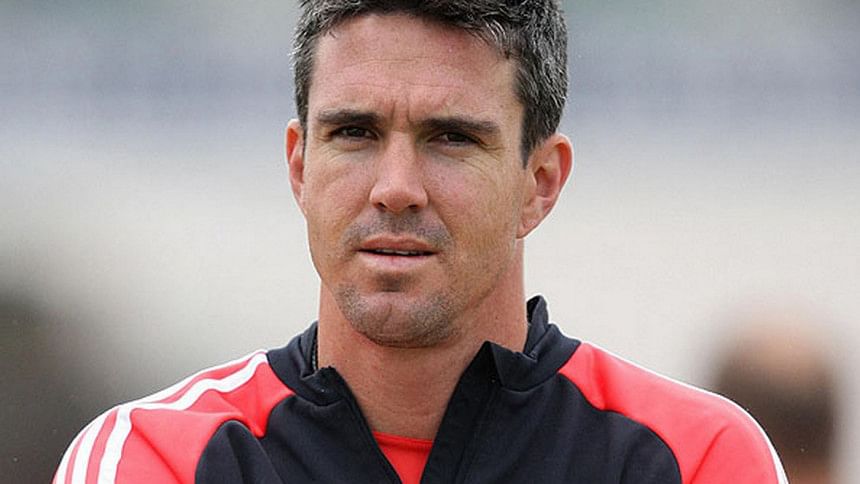‘Social media would have ruined Atherton’

Kevin Pietersen believes that the backlash to England’s Michael Atherton’s ball-tampering incident would have been more severe if social media was around.
Atherton was fined after the cricketer used dirt in his pocket to alter the condition of ball in a Test match at Lords against South Africa in 1994. While Atherton was not exactly praised and indeed faced backlash, he was nevertheless kept his job.
After ball-tampering scandal rocked Australian cricket, Pietersen believes that social media played a role in how Steve Smith, David Warner and Cameron Bancroft were treated.
Smith and Warner were banned for one year by Cricket Australia while Bancroft was banned for nine months.
"Seeing Steve Smith crying on TV the other day, I really felt for him and the others caught up in the Australian ball-tampering controversy," he wrote in a column for The Spectator.
"They've made mistakes, but the whole thing has shown the power of social media. The anger and the animosity from the Australian public, and the global community, wouldn't have been as severe without Twitter and Facebook.
"If social media had been around for Mike Atherton's ball-tampering scandal in 1994, he would have been ruined."
Following the 1994 scandal, Atherton kept his job as England captain and was fined 2000 pounds for failing to report to the match referee about what he had done.
While speaking to Sky Sports recently, Atherton questioned whether ball-tampering itself is considered a major sin.
"It has gone on since the year dot ... the level of moral indignation is always slightly out of kilter with the offence," he said.
"If the condition of the ball is changed, you get a five-run penalty and change the ball. That hardly sends the message that this is a heinous crime.
"The (International Cricket Council) code of conduct has four levels and this is level two. If the game thinks ball-tampering is a very serious offence, give it a level four," he opined.

 For all latest news, follow The Daily Star's Google News channel.
For all latest news, follow The Daily Star's Google News channel. 



Comments